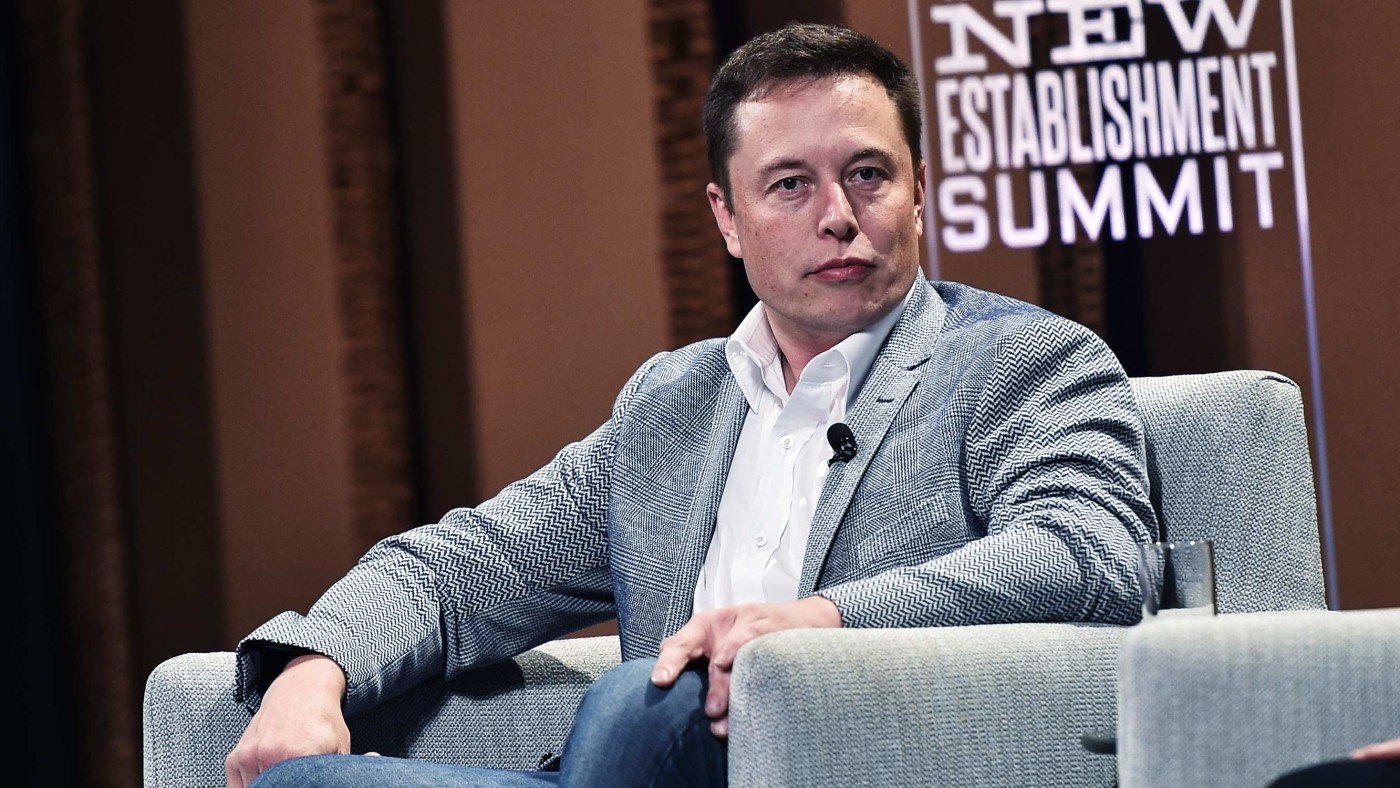If you’re a resident of California, a new mode of transportation could soon be changing the way you think about getting around. The hyperloop is a pneumatic tube system that transport passengers in pods at sonic speeds approaching 800 mph using magnetic levitation. Elon Musk, who originally proposed the hyperloop concept as a crowdfunding campaign in 2013, believes the design could potentially revolutionize transportation for the better. And it could be closer to reality than you think.
According to Bibop Gresta, COO of Hyperloop Transportation Technologies, the first full-scale and fully operational hyperloop track will begin moving people through its tubes by 2018. This initial scale will not be shuttling passengers between cities, however. It will be conducting initial operations within California’s Quay Valley, with expected expansions to follow. Unfortunately, as Gresta noted, while the first city-to-city hyperloop track could be possible inside of five years, it won’t be in the U.S. The reason? Regulatory hurdles.
Afshin Pishevar, legal counsel for Hyperloop Technologies Inc., has said that one of the primary regulatory obstacles is the government, which “is still moving at the pace of the previous century.” But Pishevar’s solution to this conundrum seems dubious: “Hopefully we can get a custom-made administrative and regulatory body that deals with Hyperloop instead of trying to change existing regulations.” Somehow this doesn’t strike me as the best way to embrace a newly emergent and disruptive technology.
Other regulatory concerns include the project’s environmental impact (likely subject to the oversight of the Environmental Protection Agency), safety oversight (would this fall under the Federal Railroad Administration or Pishevar’s “custom-made administrative and regulatory body?”), and in the case of a track built for inter-city transportation, the myriad local, state, and municipal ordinances and regulations that would impact a long-range, capital intensive infrastructure problem – to say nothing of the regulations imposed on the noise pollution associated with near-sonic high speed travel. On top of all that, some experts argue that the hyperloop is simply fundamentally less-economically viable than current transportation alternatives.
According to the Cato Institute’s Randal O’Toole:
“The real problem is how an infrastructure-heavy, point-to-point system can possibly compete with personal vehicles that can go just about anywhere-the United States has more than 4 million miles of public roads-or with an airline system that requires very little infrastructure and can serve far more destinations than the hyperloop.”
His argument is that “point-to-point mass transit that requires a lot of new infrastructure simply makes no sense”. There’s a great deal of truth in that. After all, the U.S. already has a national highway system that gives consumers the ability to travel “point-to-point” at their own leisure and convenience, sans the need for any further substantial investment in infrastructure development. In fact, given that we stand on the cusp of truly autonomous vehicles capable of capturing immense benefits while defraying significant costs associated with manually operated cars, maybe the hyperloop isn’t really all it’s cracked up to be.
As a cross-country transportation system, the hyperloop might not be ideally placed to compete with existing transportation infrastructure (at least yet). However, in terms of its market viability as a form of city-to-city transportation, it could be a more cost effective, efficient alternative to the notoriously substandard performance of existing rail transit networks; especially if Musk is correct, that the future of transportation will be hyperloop-style infrastructure for commutes less than 900 miles and supersonic air flight for longer trips.
As with any new technological innovation, time and market demand will serve as the arbitrators.


